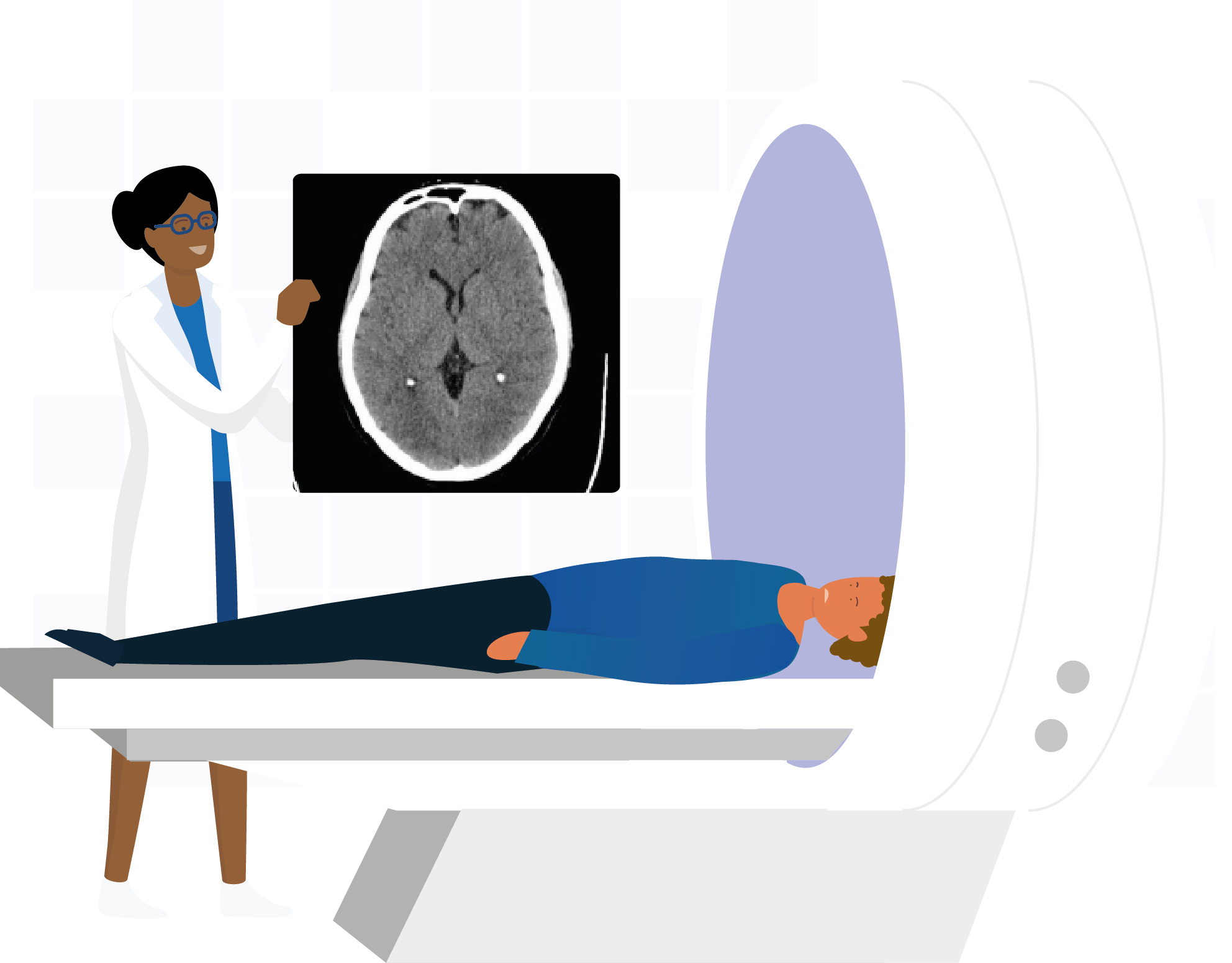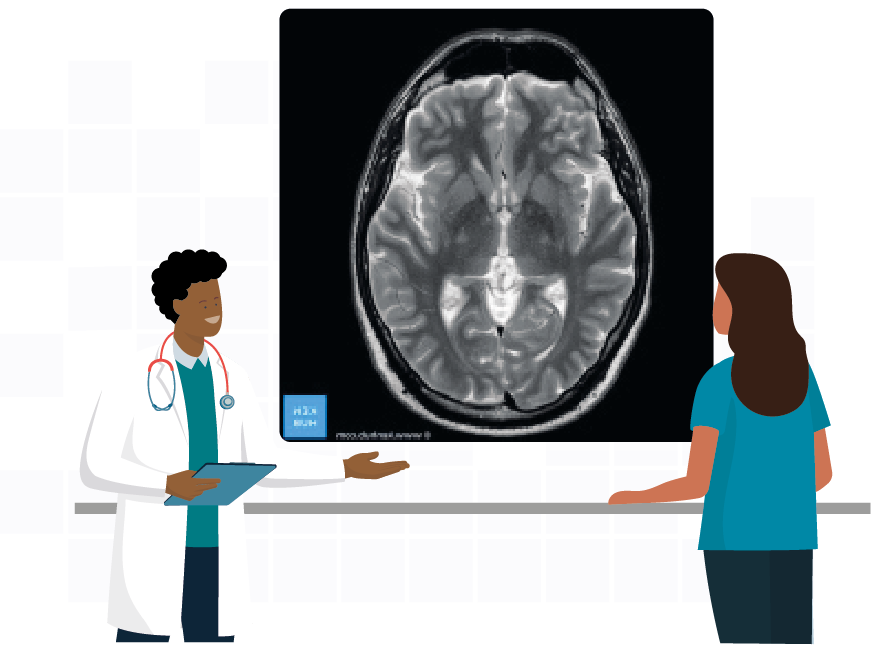SHARE
You, Your Doctor, and Diagnosis
It can be hard for a doctor to diagnose someone with epilepsy. The doctor might not ever see you having a seizure.
The information you give to your doctor about your seizures is very important. This information will help the doctor decide if you have epilepsy or not. Family members, friends, or anyone else who has seen you have a seizure might have helpful information too.
When you visit your doctor, they will talk to you about your seizures and examine you. They will ask about your family and medical history to get a better understanding of where the epilepsy might have come from. It’s important to be honest about this information to get you on the best possible treatment and management routine.
Your doctor might run tests to try to find out the cause of the seizures. Here are some of the possible tests they may run:
Blood Tests
Blood tests give the doctor information about what’s happening in your body.
Computerized Tomography (CT)
A CT scan uses radiation to see if there are changes in the brain, such as bleeding, that might be causing the seizures. CT scans are also called CAT scans.


Magnetic Resonance Imaging (MRI)
An MRI uses magnetic fields to see if there are structural changes in the brain, such as tumors, that might be causing the seizures.
Electroencephalogram (EEG) (uh·lek·trow·uhn·seh·fuh·luh·gram)
An EEG is an essential component of the evaluation of epilepsy, and can help the doctor understand where in the brain the seizures start, and what type of epilepsy you have.